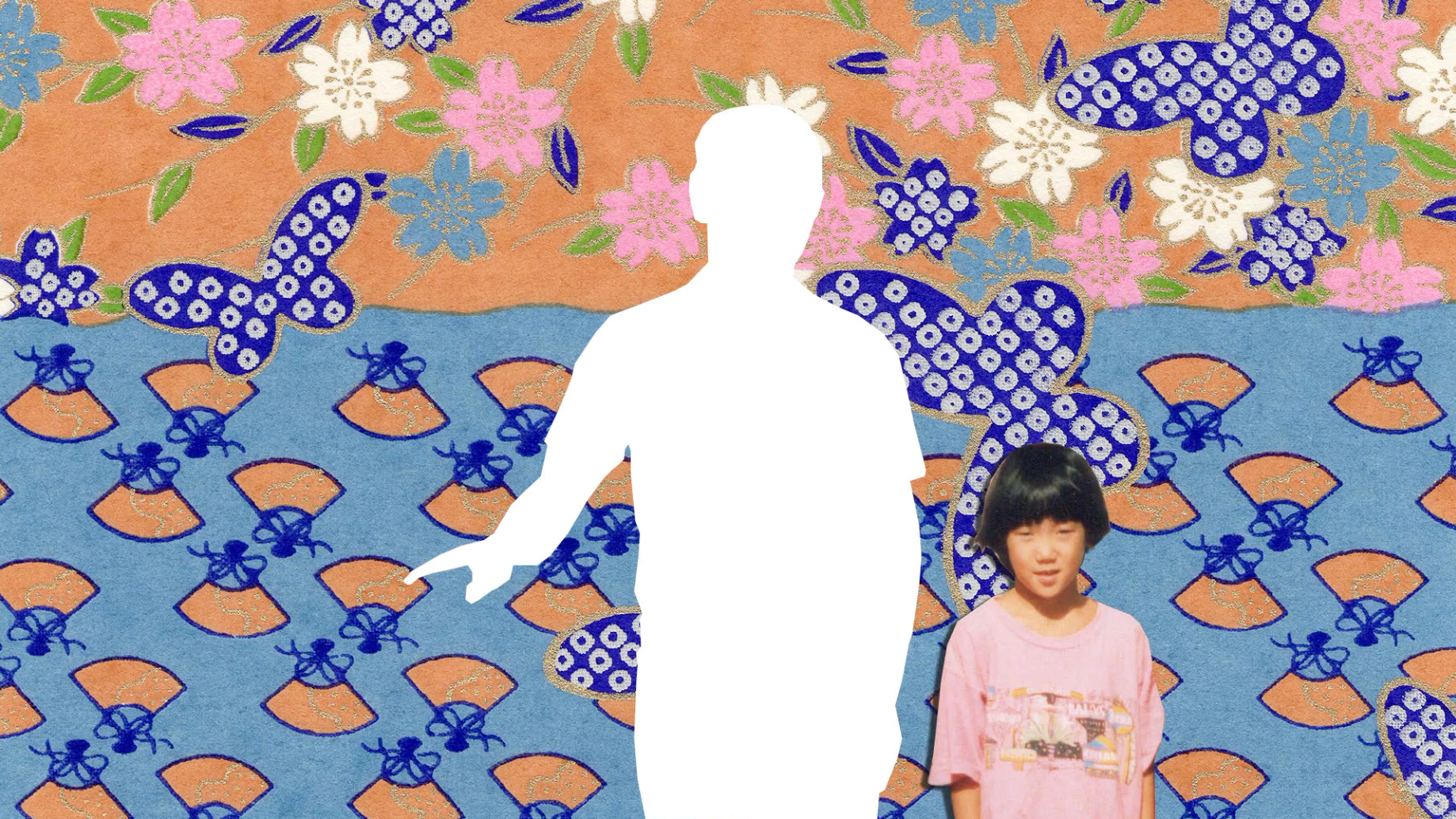This year, the Rencontres Internationales du Documentaire de Montréal (RIDM) documentary film festival looks a little different. Tuning in from home, viewers pay for a pass to view a series of documentaries, running from Nov. 12 to Dec. 2. RIDM has curated a catalogue of eight distinct sections, each featuring 11 different films. Until Nov. 18, RIDM is streaming a set of three sections—“Disrupting History”, “Exploring Nature”, and “Seeking Communities”—each responding to different concerns of contemporary society.
In the “Seeking Communities” section, three films in particular stood out as tender explorations of returning to one’s geographical and personal roots to gain a deeper understanding of one’s history and self.
Ndagukunda déjà dir. Sebastien Desrosiers and David Findlay
Sébastien Desrosiers and David Findlay’s Ndagukunda déja, translated as I love you still, is a beautiful ode to a Desrosiers family history and personal past. In the film, Desrosiers travels to Rwanda in an attempt to find his father, who disappeared from his life at a young age, and to understand the impact of the Rwandan Genocide on his life. Amidst the search for his father, he finds himself as well.
“My father wasn’t on Facebook nor in the yellow pages,” Desrosiers said. “So how do you go about finding him? This [was] a person who left no trace.”
All Desrosiers knew was his father’s name. Light acoustics hum as the film opens in vibrant, gossamer shots of Rwanda, the camera following Desrosiers’ boyish gait down mud roads and up clay steps in the blooming of a yellow sun. There, Desrosiers rekindles his connection with estranged family, as they lead him through landmarks and recall the genocide that killed 45 members of his paternal family, forcing his father to migrate to Quebec. Ultimately, Ndagukunda déjà is a spectacular short film, with delicate, earnest cinematography, and a story of intergenerational healing after tragedy. The film touches every heart through its unshakeable belief in the power of unthreading the sutures of shared history.
In the Shadow of the Pines dir. Anne Koizumi
In the Shadow of the Pines by Anne Koizumi is a masterfully crafted claymation film that packs a non-linear punch to the gut, as an eight-year-old Koizumi runs through a forest of mossy pines, asking for one more memory from a father no longer there. Ultimately, the film is an apology that Koizumi never got to make.
Her father, a Japanese immigrant who worked as a janitor at her Canadian elementary school, made Koizumi feel ashamed as a child for their poverty and for reminding her of their Japanese identity. As an adult, Koizumi is able to contextualize her father’s difficulty of assimilation with his strenuous upbringing as a neglected child in Japan.
In the Shadow of the Pines explores similar themes as other selections in the “Seeking Communities” section. Notably, Koizumi and Desrosiers remember the embarrassment they felt as children about their parents. Both tried to ignore their fathers when they were younger, thinking that by acknowledging their fathers’ roles in their lives, they would have to come to terms with their “otherness” in their predominantly white, middle-class classrooms.
Monologues du Paon dir. Matthew Wolkow
Matthew Wolkow’s Monologues du Paon (Peacock’s Monologues) is a love letter to two cities: Montreal and Lisbon. Through his care of carrier pigeons, Wolkow explores his relationship with his Portuguese neighbour Orlando, who immigrated to Quebec in 1960. Interspersing clips of the two cities, flying carrier pigeons, and tales of Portugese emigrants, Wolkow effortlessly crafts a semi-fantastical dialogue between tales of human and avian migration.
“One must sometimes go far in order to better return, to remember,” Wolkow said. “This attachment to their birthplace homing pigeons owe […] to their instinct [….] Every departure was not the object of arrival but of an eternal return.”








